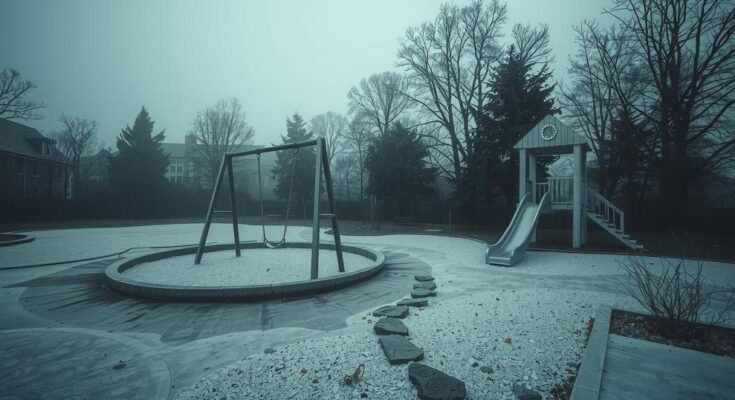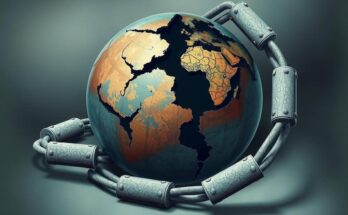South Korea is facing serious accusations of extensive human rights abuses in its adoption practices, revealing that at least 170,000 children were sent abroad since the 1950s. An independent inquiry discovered a lack of government oversight that facilitated this mass exportation, predominantly by profit-driven private agencies. Reports of fraud, coercion, and falsified records have emerged, highlighting the dark side of what was initially a response to the dire social landscape post-war.
The plight of many adoptees reflects a grim legacy, as some report neglect and abuse in their adoptive homes. Park Sun-young, chairperson of the commission, recognised this shadow in South Korea’s history, acknowledging that although several adoptees thrived in loving families, numerous others endured profound trauma. Since 2022, 367 adoptees have petitioned against fraudulent practices, with 56 recognised as victims, as the inquiry continues until May.
Amidst a backdrop of poverty after the Korean War, the government enabled private agencies to oversee international adoptions, leading to significant regulatory failures. Foreign agencies dictated quotas for adopted children, with local agencies responding without adequate supervision. Investigations revealed improper consent from birth mothers and significant financial exploitation, transforming adoptions into a lucrative business.
A shocking aspect of the findings includes the fabrication of documents that misrepresented children as abandoned. This deception is affecting many adoptees today, causing difficulties in tracing their biological families due to false identities. In response, the commission has called for an official apology from the government and adherence to international adoption standards.
Recent enhancements to adoption processes have been made, with legislation enacted to shift the management of overseas adoptions to government ministries rather than private entities. However, the government’s response to the inquiry has yet to be released. One case highlighted is that of Inger-Tone Ueland Shin, who discovered her adoption was illegal, and she recounted a life of trauma and abuse in Norway, expressing hope that no more Korean children are adopted internationally under such flawed systems.
An independent inquiry concluded South Korea’s adoption programme led to mass human rights violations, sending 170,000 children overseas since the 1950s. There were significant lapses in oversight, with reports of fraud and neglect among adoptees. Recent legal reforms aim to improve adoption practices, but many victims continue to suffer trauma, highlighting a need for accountability and better regulations.
The inquiry into South Korea’s adoption practices highlights a grim history of human rights violations, revealing the mass exportation of children facilitated by private agencies under lax government oversight. While recent legislation aims to improve adoption protocols, a legacy of trauma and neglect remains, with many adoptees still seeking justice. Urgent reform and accountability are essential in preventing future abuses in transnational adoptions.
Original Source: www.bbc.com



